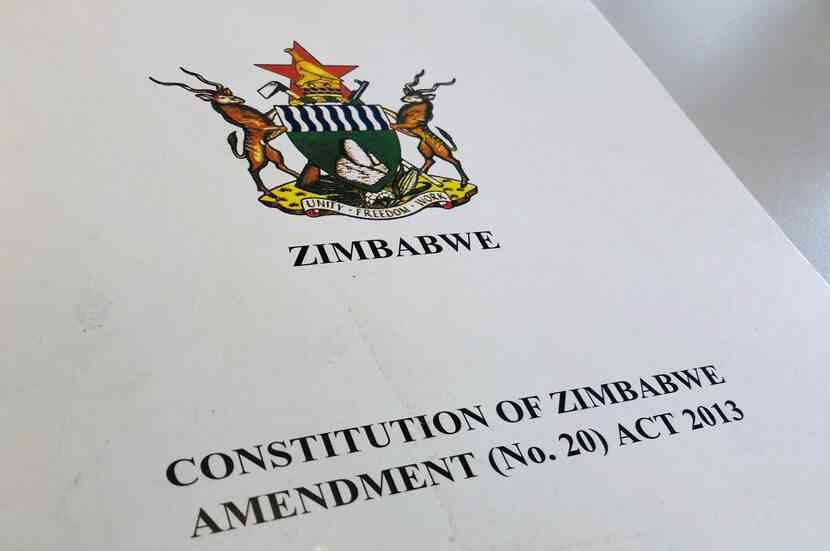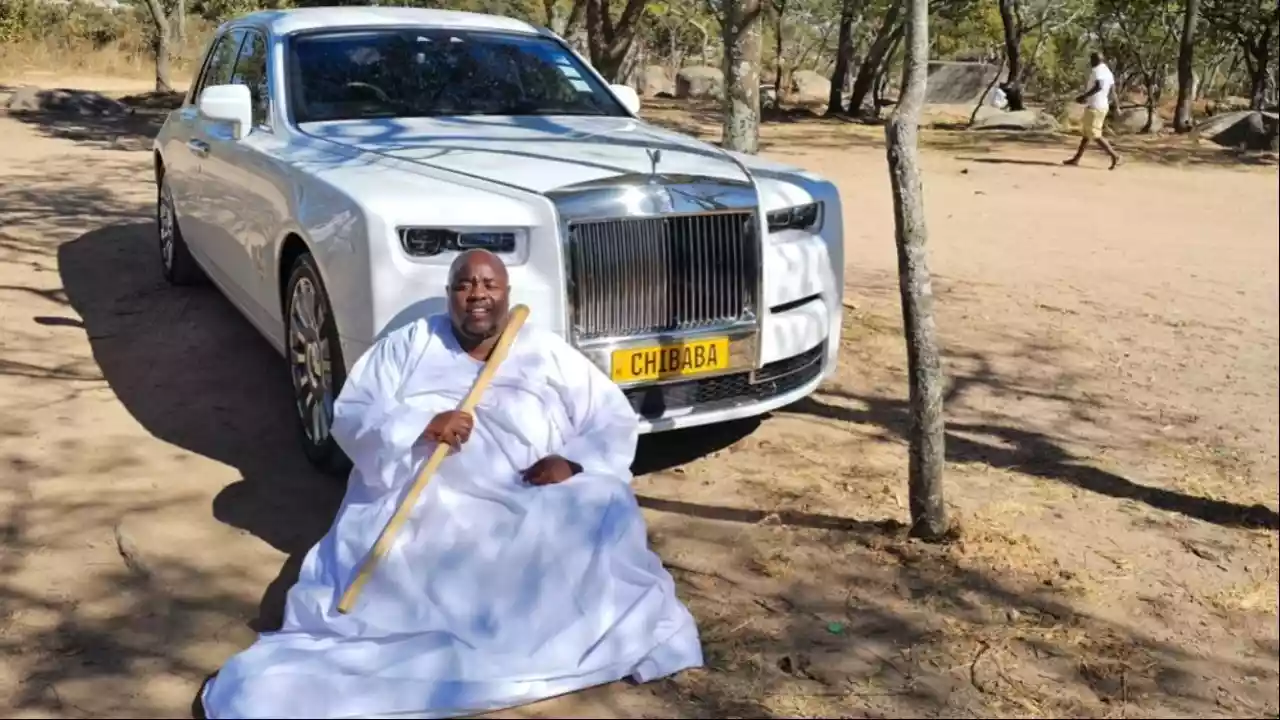
PRESIDENT Emmerson Mnangagwa has been urged by some sections of his Zanu PF party to stand for a third term in office after his current term expires in 2028.
So far, the President has not said publicly what he thinks of the idea, but it has aroused enough interest to make it worth examining the constitutional changes that would have to take place for the President to be allowed to serve a third term.
Would a constitutional amendment be necessary?
The first point to make is that the Constitution would need to be amended before the President could legally serve another term in office.
According to section 91(2) of the Constitution: “A person is disqualified for election as President or appointment as Vice-President if he or she has already held office as President for two terms, whether continuous or not, and for the purpose of this subsection, three or more years’ service is deemed to be a full term.”
By the time of the next general election, Mnangagwa will have served two full terms in office, so he will not be eligible to stand for election as President or Vice-President.
Hence, as we have said, the Constitution would have to be amended to allow him to do so.
Which provisions of the Constitution would need to be amended?
- Unpacking environmental laws for real estate in Zimbabwe
- Village Rhapsody: Govt must ensure that devolution works
- Unpacking environmental laws for real estate in Zimbabwe
- Gukurahundi public hearings: A breakthrough or a political gimmick?
Keep Reading
Amendment of Section 91
The first and most obvious amendment would be to section 91, which as we have seen sets out the current presidential term-limit.
The amendment would entail repealing section 91(2) (if it is decided to scrap presidential term-limits altogether) or changing the words “two terms” to “three terms”, “four terms” or however many terms a President will be allowed to serve (if it is decided to extend the number of terms rather than scrap the limits completely).
The steps needed to amend section 91 are set out in section 328 of the Constitution:
- The Speaker of the National Assembly must publish “the precise terms” of the proposed amendment in the Government Gazette, and the amendment cannot be introduced in Parliament until 90 days after that publication [section 328(3)].
- The staff of Parliament must immediately invite the public to comment on the proposed amendment, through written submissions and public hearings convened by Parliament [section 328(4)].
In practice, these hearings are convened by the Portfolio Committee on Justice, Legal and Parliamentary Affairs, and written submissions from the public are sent to that Committee.
- The Bill containing the amendment must be passed by a two-thirds majority at its final reading [that is, the Third Reading] in both the National Assembly and the Senate, and when the Bill is sent to the President for assent, the Speaker and presiding officer of the Senate must certify that it has received the requisite majorities [section 328(5) and (10) of the Constitution].
If these steps are taken, section 91 will be amended to allow a President to serve more than two terms in office.
There is a catch, however: The amendment will not apply to Mnangagwa.
Section 328(7) of the Constitution
The reason why the amendment would not apply to Mnangagwa lies in section 382(7), which was designed to make it difficult for incumbent office-holders (particularly Presidents) to extend their terms of office.
It states: “Notwithstanding any other provision of this section, an amendment to a term-limit provision [Note: section 91(2) is a term-limit provision] the effect of which is to extend the length of time that a person may hold or occupy any public office, does not apply in relation to any person who held or occupied that office, or an equivalent office, at any time before the amendment.”
Put simply this means that an amendment to section 91 of the Constitution extending presidential term-limits will apply only to future Presidents.
It will not allow an incumbent or past President to extend the period he may hold presidential office.
So if section 91 were amended by following the steps we outlined above, Mnangagwa could not benefit from the amendment and could not legally be elected for a third term.
To enable him to be elected for a third term, section 328(7) itself would have to be amended or repealed.
To do this, a Bill amending or repealing section 328(7) would have to go through all the steps we outlined above — the Bill would have to be published in the Government Gazette for 90 days, it would have to be passed by two-thirds majorities in the National Assembly and the Senate, and so on.
But after that, within three months after being passed, the Bill would have to be submitted to a national referendum and approved by a majority of the voters casting their votes.
This is set out in section 328(9) of the Constitution.
Summary of procedure for extending the current President’s term
To sum up the procedure that would have to be followed if the government decided that Mnangagwa should be able to stand again for election, the following steps would have to be taken.
- A Bill amending both section 91 and section 328(7) of the Constitution would have to be published in the Gazette for at least 90 days.
- Parliament would have to invite public comments, written and verbal, on the proposed amendments.
- The Bill would have to be passed by two-thirds majorities at its final readings in both the National Assembly and the Senate.
- Within three months, the Bill would have to be put to a referendum and passed by a majority of the voters who cast their votes.
In defence of term limits
The Constitution, then, makes it relatively easy to alter presidential term-limits so long as the government can muster two-thirds majorities in both Houses of Parliament, but makes it rather more difficult to extend those term-limits in order to benefit an incumbent President. This is not an accident — it was deliberate.
Term-limits on the exercise of executive power are an important democratic check on the abuse of that power, and this has been recognised since the days of ancient Rome, when consuls held office for one year only.
If politicians know that their time in office will come to an end within a relatively short period, they are likely to moderate their conduct in order to avoid retribution when they cease to hold office.
They are more likely to treat colleagues and even political opponents with respect if they know that in a few years’ time those colleagues or opponents may be occupying their office. - Veritas










